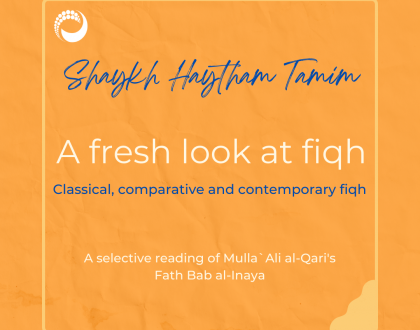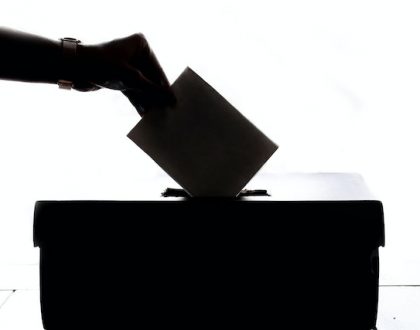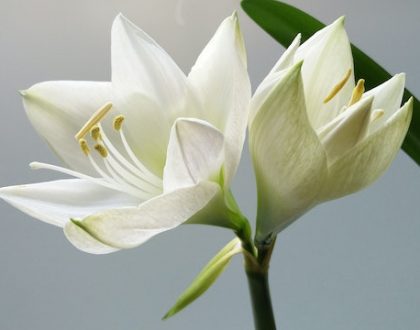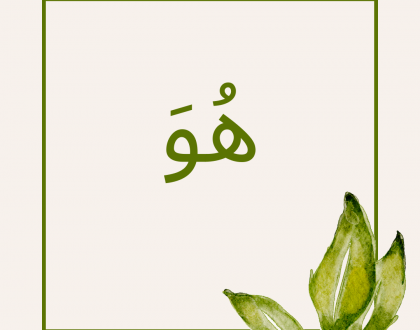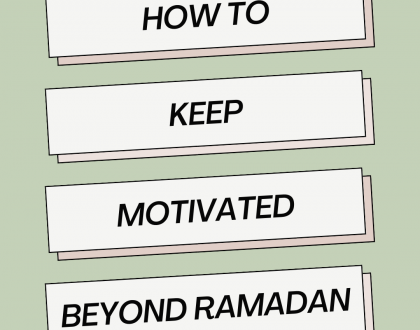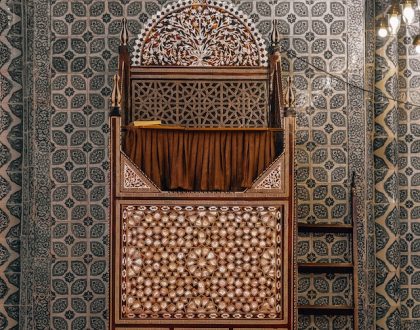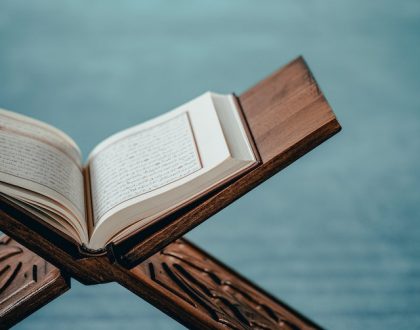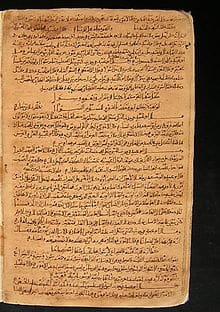Sincerity vs insincerity is like a mountain vs dust
Ibrahim (peace be upon him) taught us to show humility when he and his son, Ismail (peace be upon him) were building the Ka’bah and ask Allah for acceptance of our deeds no matter...
Read More
What are the four fard elements of wudu?
The obligations are mentioned in the Quran. Mulla Ali begins by listing the obliagation (fard) aspects of wudu:1. Wash your whole face from the hairline above your forehead to the chin and from ear...
Read More
Don’t choose bad leaders and the khutbah of Shaytan
. Be careful whom you follow, and whom to give your vote. On the Day of Judgement, you will be responsible for your choices. Whether you followed this leader, or took that decision, it’s...
Read More
Mulla Ali’s Introduction to his book and the contentious issue of mursal hadith
Mulla Ali now moves on to the topic of debate among the schools, which is hadith al mursal. He refers to ‘our’ scholars (ulemauna) meaning the scholars of the Hanafi school and makes the...
Read More
Is it obligatory to rinse the mouth during wudu?
Rinsing the mouth and nose is not an obligatory part of wudu according to the Shafi school, but is obligatory in the Hanafi school. Allah Almighty has defined four obligations of wudu in Surah...
Read More
Can the deceased hear the speech of the living?
There is a difference of opinion among scholars regarding whether the deceased can hear the living. Some of them said that they hear the speech of the living, and some of them denied that....
Read More
Can Muslims be buried in non-Muslim graveyards?
t is not permissible for Muslims to bury a Muslim in the cemetery of non Muslim, because this is the practice of the people of Islam from the time of the Prophet, may God’s...
Read More
A fresh look at fiqh – why I have chosen Mulla Ali al Qari’s book, Fath Bab al Inaya
Fiqh is a heavy topic for many people but it can also be fascinating. I have chosen to take you through this journey to give you a fresh look at this topic by going...
Read More
Allah’s test does not end until we understand what we need to improve and fix it
Abu Hurayrah (may Allah be pleased with him) reported: وعن أبي هريرة رضي الله عنه قال: قال رسول الله صلى الله عليه وسلم : “ ما يزال البلاء بالمؤمن والمؤمنة في نفسه وولده...
Read More
Can we use feminine pronouns for Allah?
Discussions around the use of pronouns to refer to Allah have been a topic of recent debate. One point of contention is whether it is appropriate to use feminine pronouns (she/her) when referring to...
Read More
Keeping motivated beyond Ramadan
You end Ramadan with a clean slate, a new page. Be careful what you write on that new page. What do you want to see on it? Make a list of what you want...
Read More
Is it permissible to quote weak hadith?
The majority of the scholars say one cannot quote weak hadiths however, some say that one cannot pass a general statement based on only weak narrations. They say if the weak narration is on...
Read More
Do not be divided
Allah Almighty says in the Quran: وَمَا كَانَ النَّاسُ إِلَّا أُمَّةً وَاحِدَةً فَاخْتَلَفُوا ۚ وَلَوْلَا كَلِمَةٌ سَبَقَتْ مِن رَّبِّكَ لَقُضِيَ بَيْنَهُمْ فِيمَا فِيهِ يَخْتَلِفُونَ ‘Mankind was a single community; then they differed. Were it...
Read More
Who are the Revivers of the Religion for each generation?
Abu Hurayrah (may Allah be pleased with him) narrated that the Prophet (ﷺ) said: إِنَّ اللَّهَ يَبْعَثُ لِهَذِهِ الأُمَّةِ عَلَى رَأْسِ كُلِّ مِائَةِ سَنَةٍ مَنْ يُجَدِّدُ لَهَا دِينَهَا ” Allah will raise for this...
Read More
The compilers of collections of 40 hadith
Imam Nawawi in his introduction to his famous Forty Hadith mentions the great scholars who inspired him, and were the brainchild behind compiling the 40 narrations (which were in fact 42). He said: “And...
Read More


